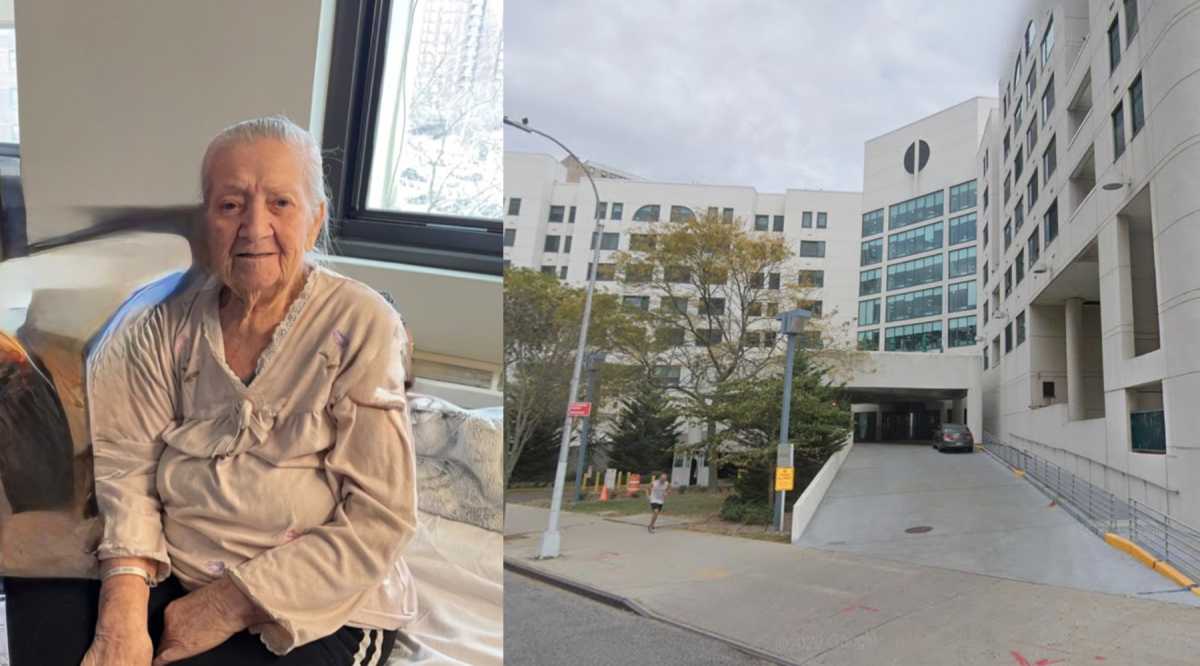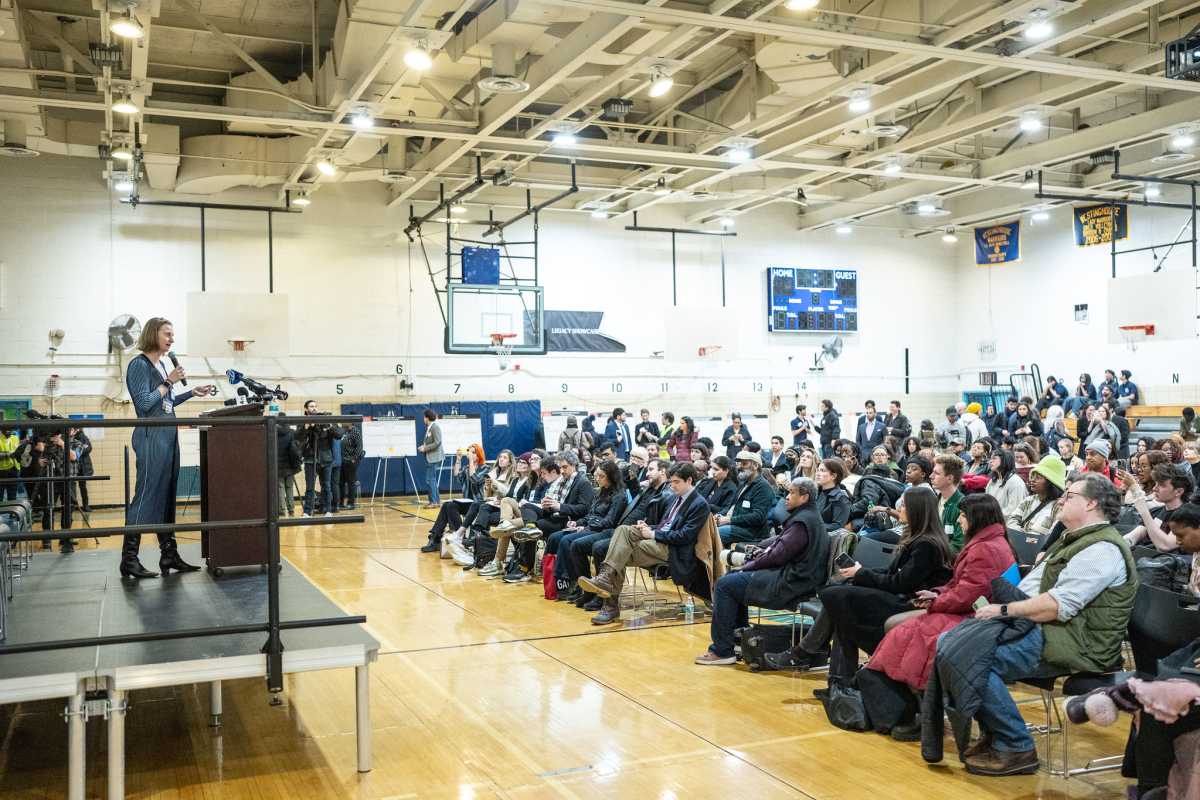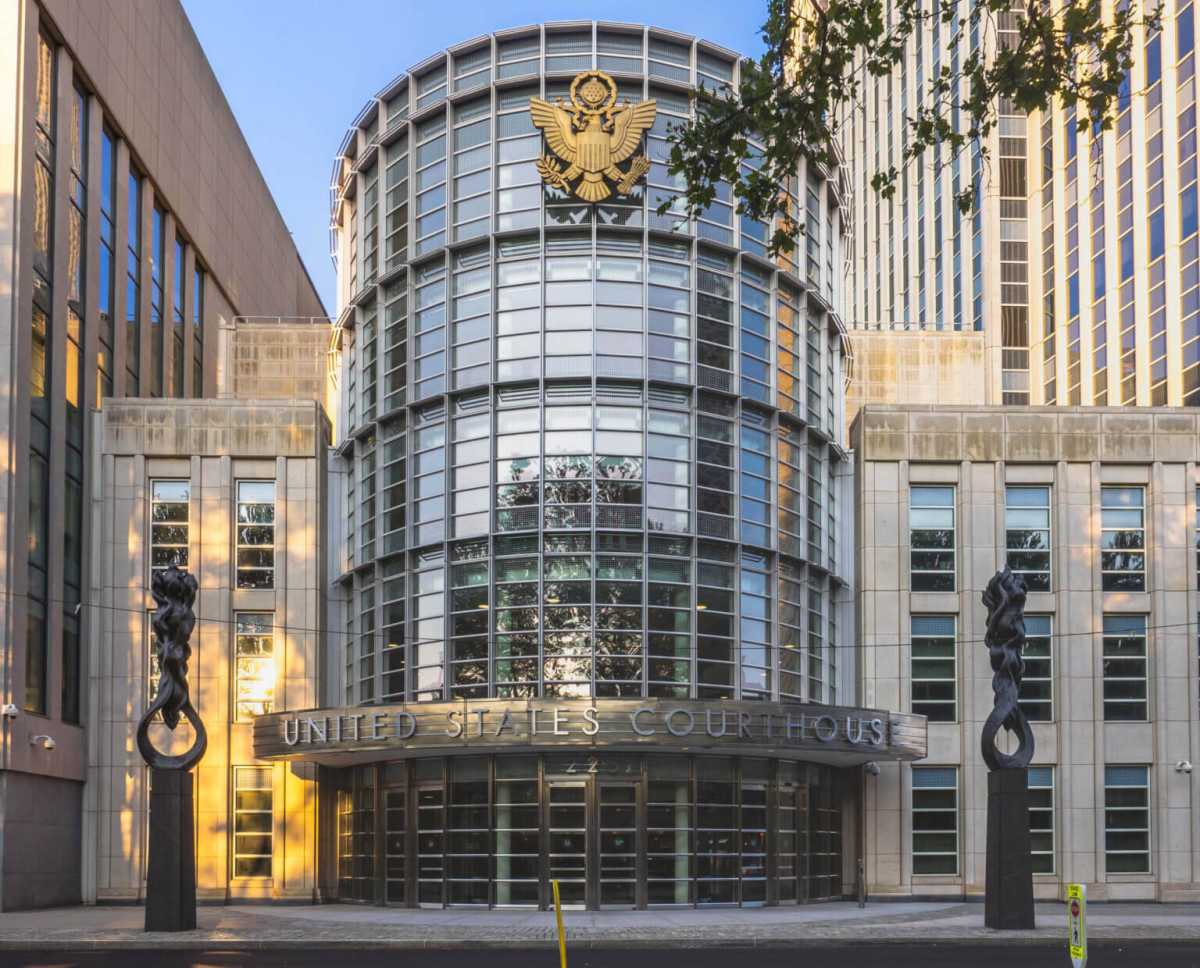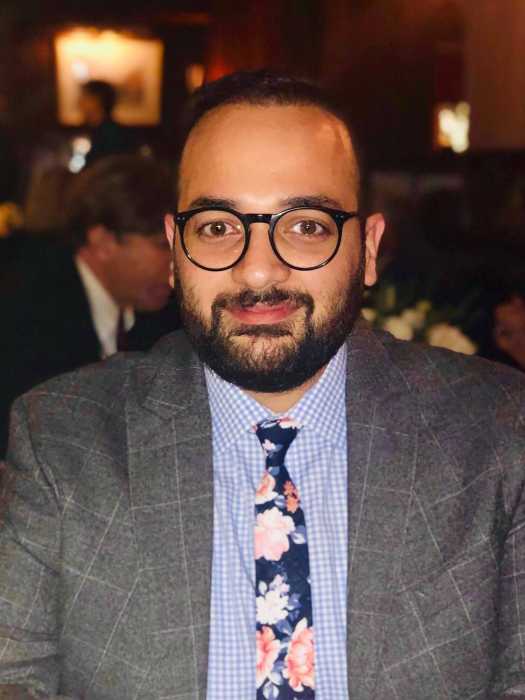When an 89-year-old Holocaust survivor was fatally assaulted inside her room at Seagate Rehabilitation and Nursing Center, the horror sent shockwaves through Brooklyn’s elder care community. Yet, according to those who have long fought against nursing home neglect, the tragedy was not unforeseeable — it was a warning long ignored.
On the night of Sept. 14, police responded to a 911 call reporting an assault inside the Coney Island facility. The NYPD said Nina Kravtsov was discovered with “head trauma” and was pronounced dead at NYU Langone Hospital-Brooklyn. Police later identified the suspect as 95-year-old Galina Smirnova, who prosecutors say bludgeoned Kravtsov with a detached metal leg from a wheelchair.
Smirnova has since been charged with murder and criminal possession of a weapon, though her competency to stand trial is now under judicial review.
‘They closed their eyes’
Attorney Randy Zelin, who represents the Kravtsov family, said Seagate Rehabilitation and Nursing Center bears direct responsibility: “The responsibility that the nursing home completely ignored to keep [Kravtsov] safe, secure and free from being beaten to death by another resident of the facility.
He told Brooklyn Paper that understaffing and negligence were major contributors to the incident.
“To even call it a contribution would be like calling a superstorm ‘standing rain showers,’” Zelin asserted. “It is part and parcel of Seagate’s abject closing of its eyes to its legal and moral responsibility to care for its patients and residents.”
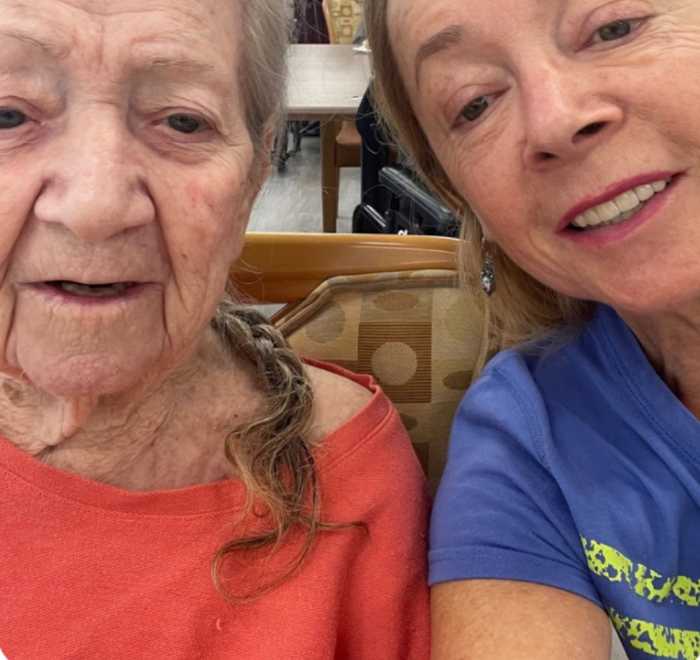
Medicare Care Compare, a free database that allows users to find and compare health care providers, gave Seagate Rehabilitation and Nursing Center a “much below average” staffing rating, with residents receiving just 18 minutes of registered nurse care per day — less than half the national and state average of about 41 minutes.
The nursing home, owned by Excelsior Care Group, operates 360 beds and holds an overall “average” Medicare rating, but inspection records tell a different story.
Since 2021, state inspectors have cited Seagate for multiple deficiencies, including staffing shortages, poor dementia care planning, unsafe conditions and inaccurate documentation.
A 2024 inspection found the facility “failed to maintain sufficient nursing staff” to meet residents’ “physical, mental and psychosocial needs.” Inspectors noted that some units operated with as few as three certified nursing assistants instead of the five required, leading to missed medications, delayed care and a “distinct smell of urine” on units.
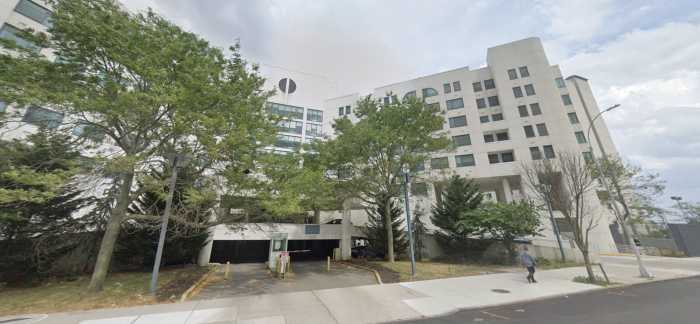
Facility leaders acknowledged recruitment challenges but said efforts were underway to improve staffing. Kravtsov’s death occurred during a weekend shift, when inspectors had previously noted particularly low coverage.
Zelin argued that systemic negligence allowed Smirnova, a newly admitted resident with dementia, to go unsupervised.
In a September 2022 inspection, the state cited Seagate for “failing to provide appropriate, person-centered care for a resident with dementia.” One resident was repeatedly observed crying out for their mother in Russian without individualized interventions or an updated care plan.
“She should never have been put in a room with a roommate,” Zelin said. “Someone who is brand new to a facility in unfamiliar surroundings — that is a trigger for someone suffering from dementia.”
He described the fatal assault as a “neon sign” of neglect.
“Given the fact that the defendant has enough time to take apart the wheelchair to get the leg peg and beat Nina to death without anyone hearing, it says ‘we not only don’t care, but we don’t even care enough to have enough people on staff to care.’”
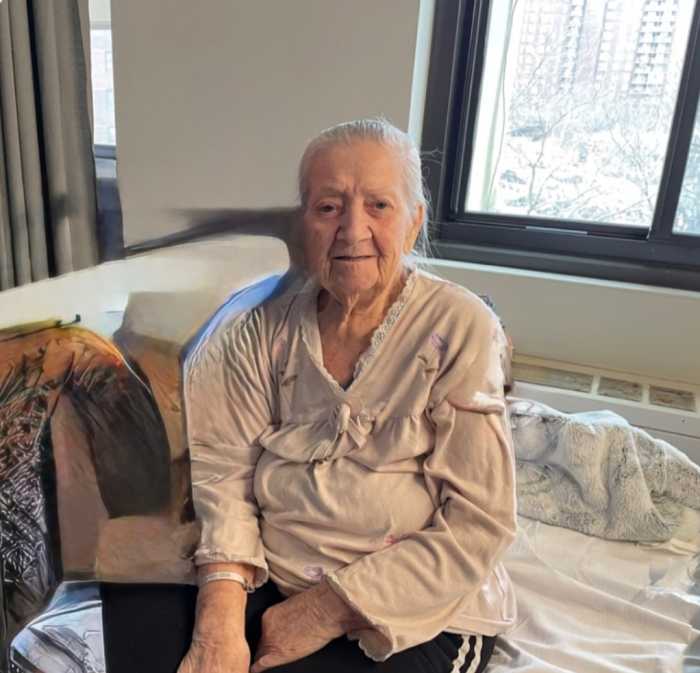
During the same September 2022 inspection, Seagate was also cited for “failing to properly investigate and report possible abuse or neglect” involving several residents.
Inspectors found that staff failed to conduct a thorough investigation after one resident was found on the floor and later diagnosed with a fractured femur, and a resident-to-resident incident was reported to the state more than 24 hours late, violating the federal two-hour reporting rule.
Seagate submitted a corrective plan, audited all recent accident investigations and introduced staff retraining on abuse reporting. The deficiencies were officially corrected in November 2022.
A national pattern of neglect
Attorney Michael Brevda, of the Senior Justice Law Firm — national practice focused exclusively on elder abuse and neglect litigation — and said the tragedy fits a “devastating” national pattern.
“Having done nothing but these cases for 15 years, I don’t find this shocking,” Brevda told Brooklyn Paper. “These kinds of problems continue to pop up because of chronic and systemic understaffing.”
The lawyer, who has investigated nursing home neglect cases across the country, said facilities like Seagate often prioritize profit over safety.
“If you cut the night shift in half, you make millions of dollars, and the residents are far less safe,” he said. “A chandelier or a grand piano is not going to keep them safe. It’s staff — it’s human beings that keep them safe.”
He added that most victims’ families aren’t looking for payouts, but accountability.
“Most of the families that seek our representation have hit an absolute dead end in trying to seek justice and accountability,” Brevda said. “They call the State Department of Health, and that’s a dead end. Maybe [nursing homes] get a $500 fine.”
“That means nothing to these places,” he said. “That’s the cost of business.”
A call for reform
For Zelin, justice for Kravtsov’s family means more than a courtroom victory — it means reform.
“If there was going to be a ‘Nina’s Law,’ I think its essence should be to care,” he said. “If you are undertaking the responsibility of caring for people who are no longer in a position to care for themselves, then my God, do it like you mean it.”
“If a woman can survive the Holocaust, she should be able to live in a facility like Seagate,” he added. “The fact that she survived and was killed at 89 years old in Seagate… it’s mind-bending.”
Seagate Rehabilitation and Nursing Home did not respond to multiple requests for comment.
In a statement to Brooklyn Paper, a spokesperson for the New York State Department of Health said Kravtsov’s death is the “subject of an open investigation” and declined to comment on it, but added that the department “takes the safety and well-being of nursing home residents extremely seriously.”
“Holding nursing homes and their operators accountable for the quality of care they provide is a top priority, and we remain aggressive in assessing the maximum fines permissible by law in every instance,” the statement read. “Per federal and State Public Health Law, nursing homes are responsible for protecting residents’ rights — including freedom from maltreatment.”
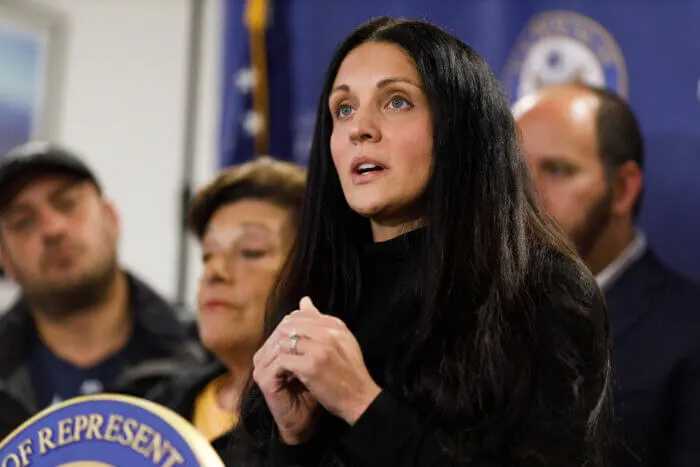
The incident has also drawn concern from local politicians.
In a statement, state Sen. Jessica Scarcella-Spanton called Kravtsov’s death a “heartbreaking and preventable” tragedy. She added that “all older adults living in and receiving care in our state’s nursing homes deserve quality care, and that level of care is only possible with adequate staffing and security protocols.”
Scarcella-Spanton urged the state Department of Health to “do everything in its power to promote an increase of accountability at these sites,” and said her office is exploring legislation to support that effort, though she did not specify details.


